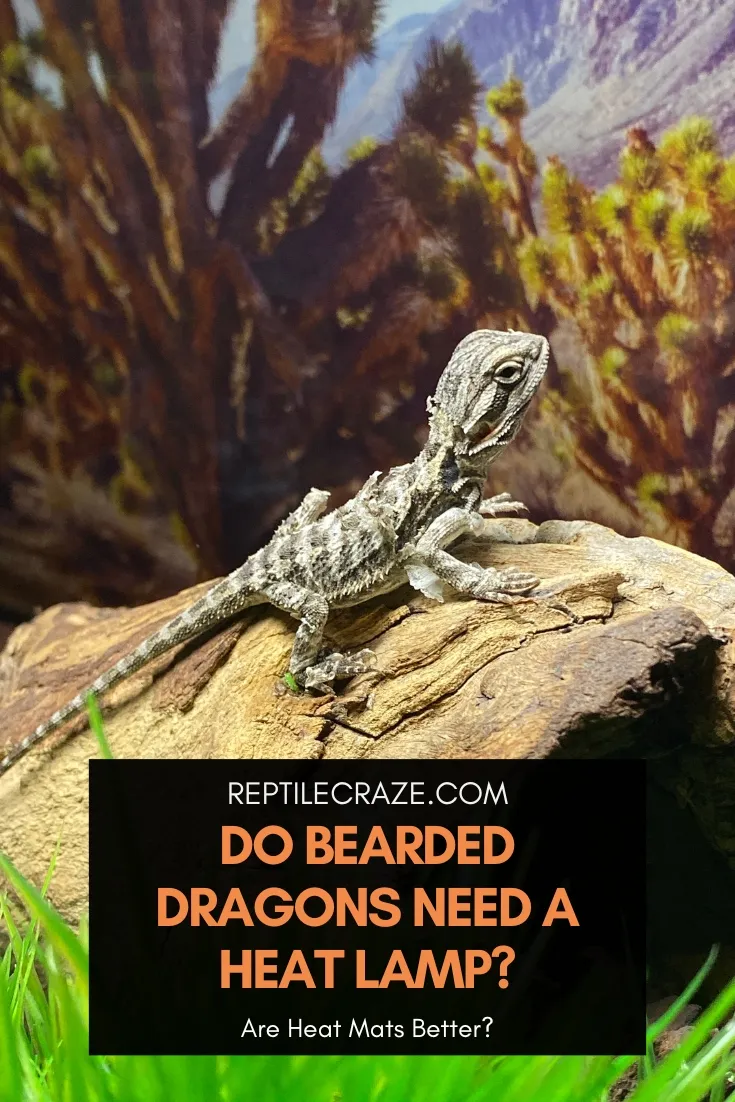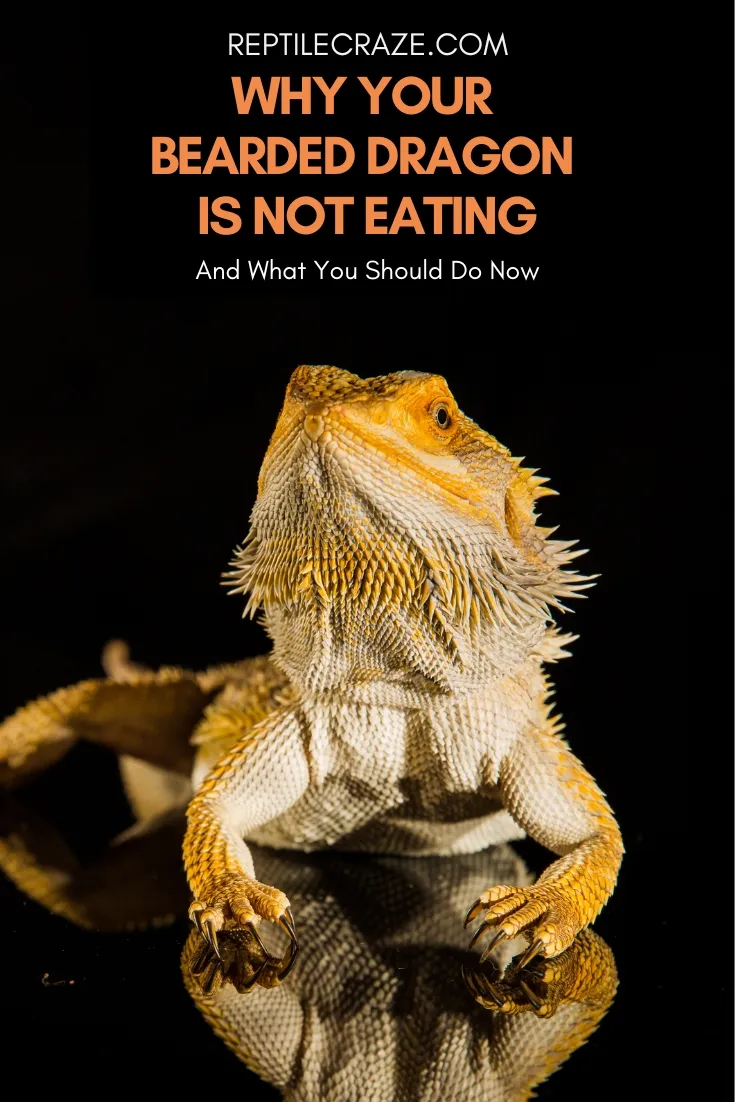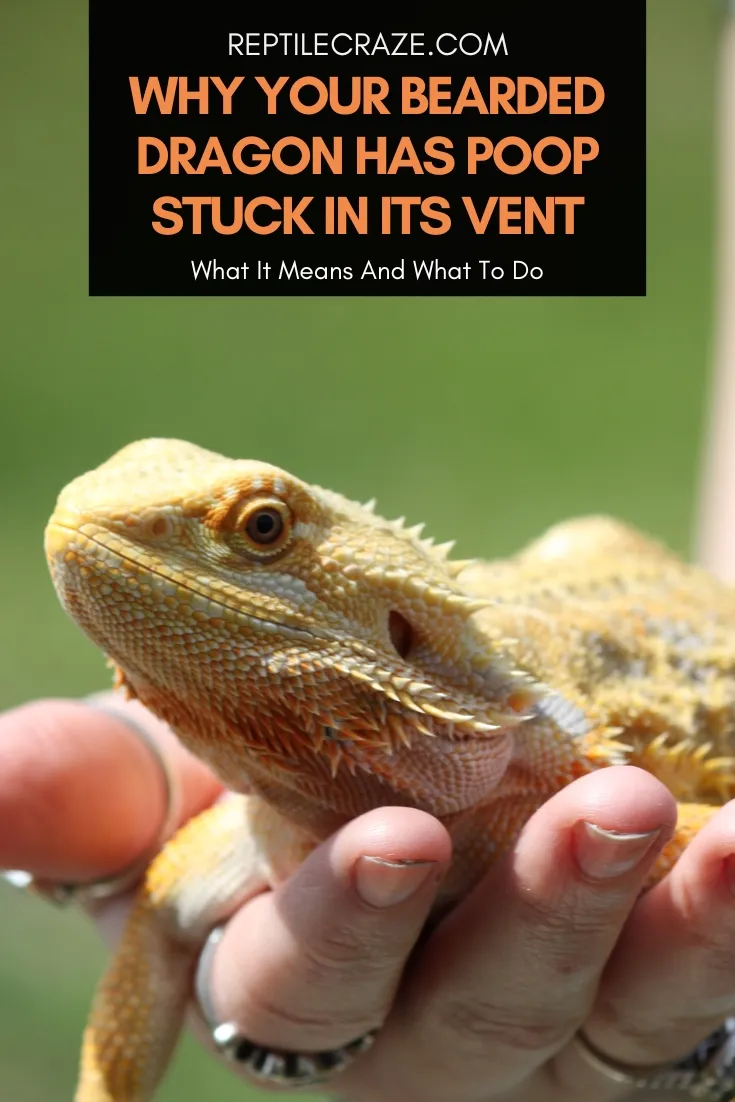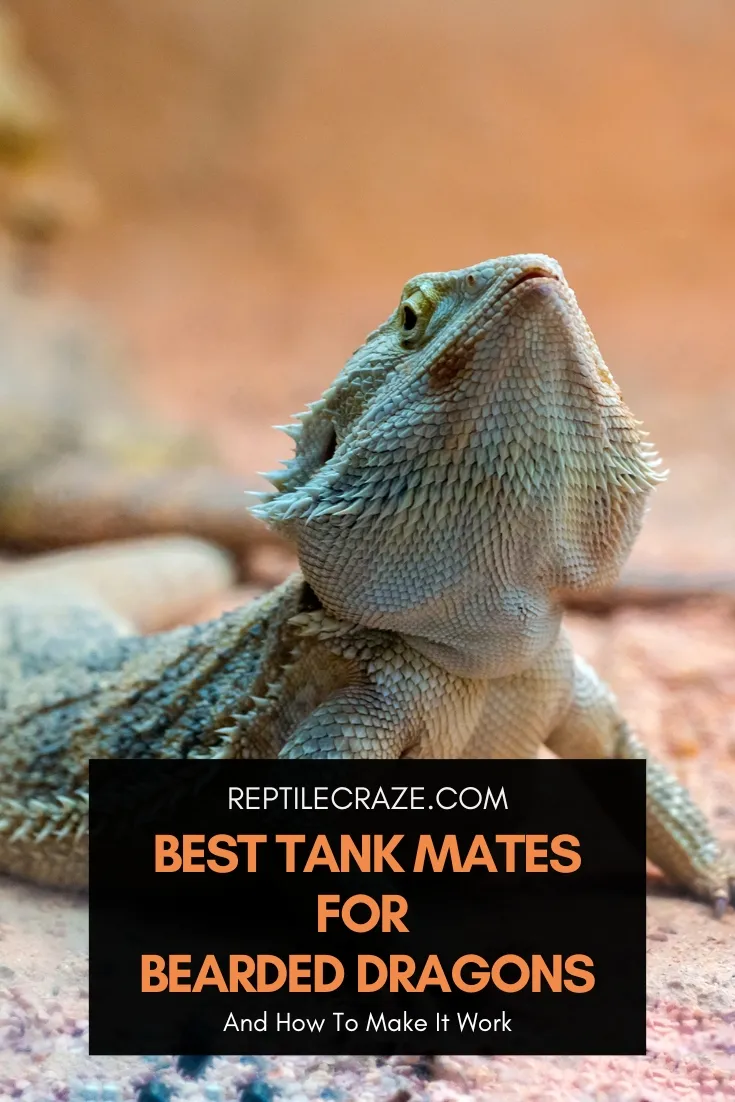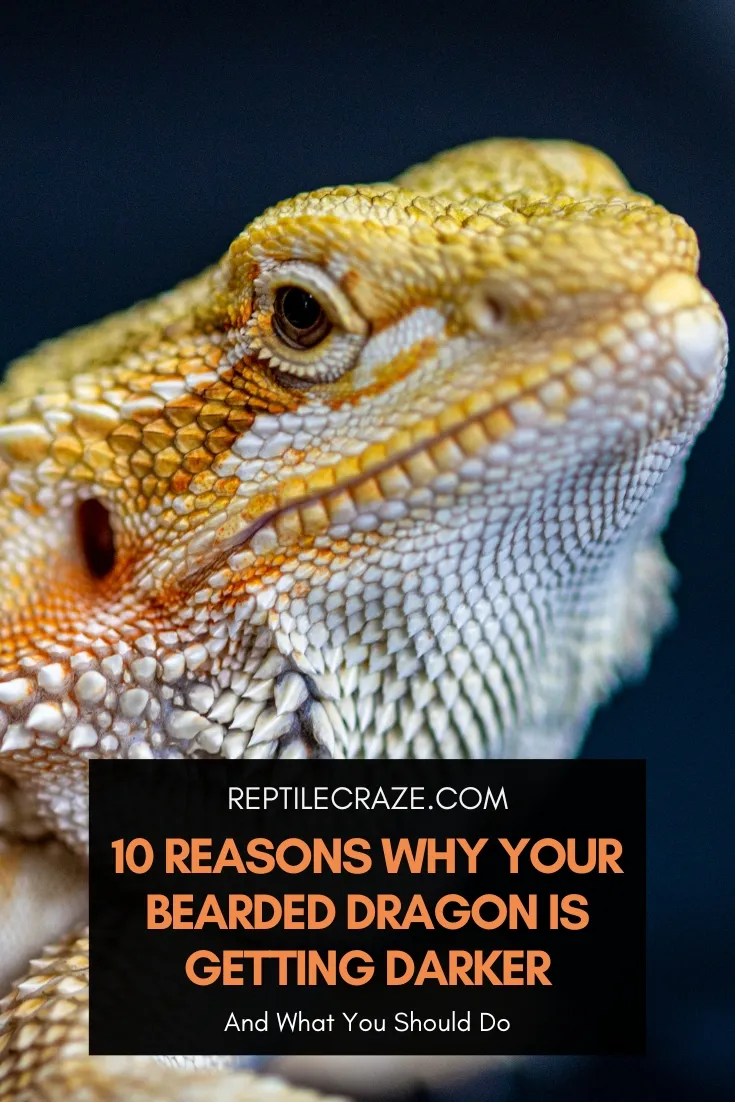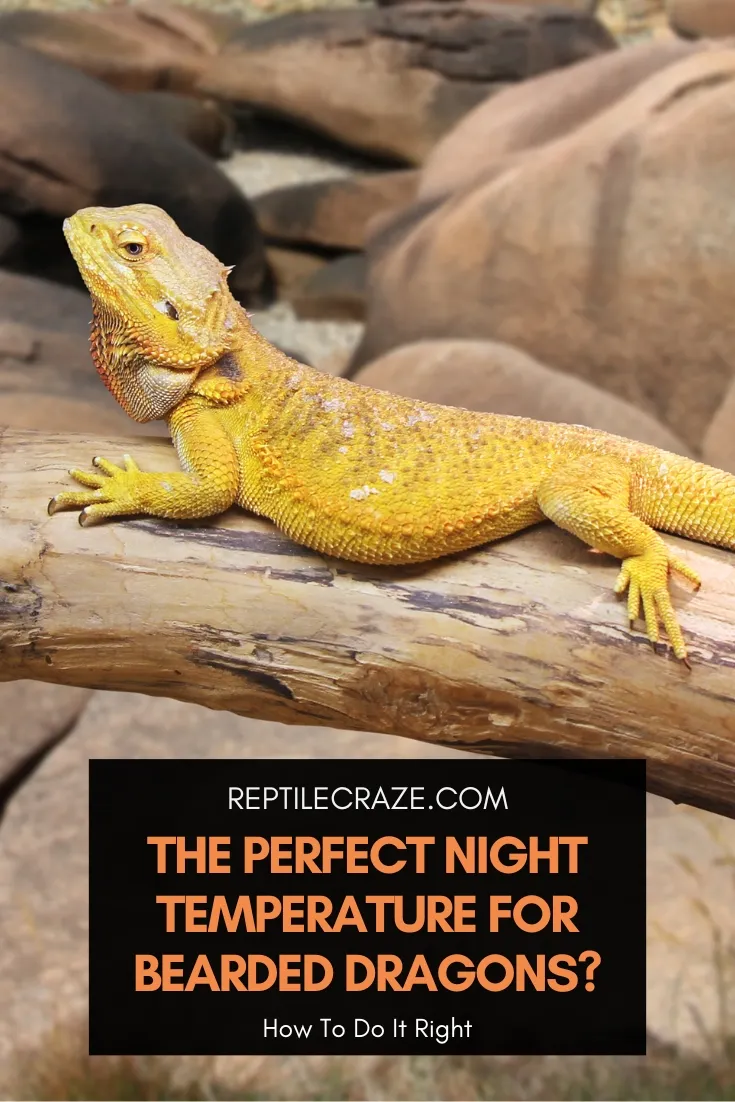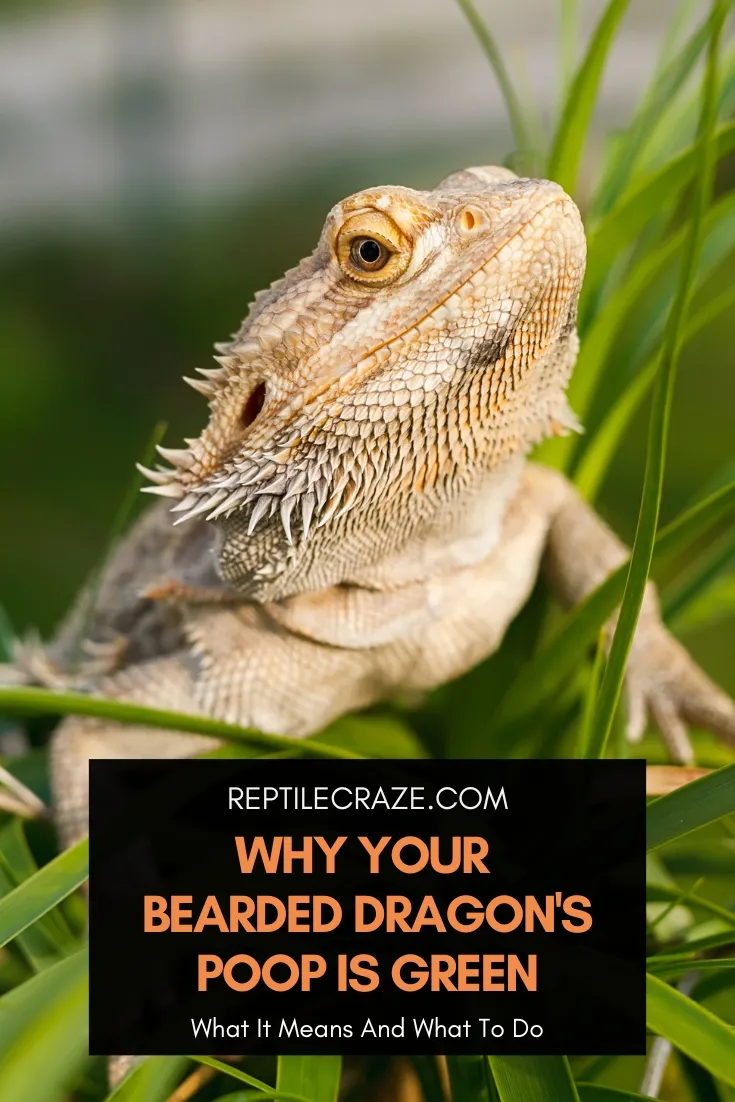Bearded dragons love the sun and are only awake during the day. The dragon’s parietal eye (“third eye”) uses bright light to set the dragon’s daily activity patterns and circadian rhythm. In addition to white lights, ultraviolet lighting is necessary for the lizard to make its Vitamin D. A heat lamp that reliably gives off …
Bearded Dragon
Why is my bearded dragon not eating? That’s a common query among dragon parents because though these reptiles are hardy, they can go off their food for various reasons. Generally, bearded dragons can stop eating due to illness, injury, low temperatures and other environmental concerns, and stress. Other factors for inappetence include shedding, brumation, incorrect …
Proper care goes a long way toward making sure that your bearded dragon lives a long and healthy life. One of the key things to watch out for when caring for beardies is their bathroom habits – and it can certainly be concerning when you notice that your pet has poop stuck in its vent, …
Are you considering getting a friend for your “lonely” bearded dragon? Before you do, know that bearded dragons aren’t cheered up by another cold-blooded buddy, whether it’s another dragon or a different reptile. Unlike dogs, monkeys, or parrots, most reptiles do not seek companionship to thrive. Bearded dragons are naturally territorial and best kept alone. …
If you own a bearded dragon, chances are that it has pooped on you at some point. Have you ever wondered why it did that? Bearded dragons do not poop on their owners as a sign of dominance. However, they may poop on their owners as a fear or stress response. It can also happen …
Bearded dragons don’t change colors overall, but their skin (specifically their beards) can sometimes go darker. If you’ve noticed your reptile changing colors recently and wondered why, here’s some insight. Bearded dragons can go darker when stressed or frightened. They can also change hues due to environmental factors like brumation or temperature changes. There are …
Have you ever looked at a bearded dragon lounging in their water bowl and wondered if they can swim? Many people take one look at the bearded dragon’s size and the fact that they are a lizard hailing from desert conditions and presume that bearded dragons can’t swim, but the answer may surprise you. Bearded …
Temperature can be a highly debatable issue in bearded dragon husbandry. You will find many articles giving conflicting answers on what the perfect nighttime temperature range for bearded dragons is. The perfect nighttime temperature range for an adult bearded dragon is 65°F–75°F (18°C–23°C). However, wild bearded dragons have been known to tolerate nighttime drops as …
One way to monitor your bearded dragon’s health is to watch its bathroom habits. It may be the last thing you want to see, but a beardie’s poop color holds important clues to its health status. But, should I be concerned if my lizard pal starts excreting green poop? Green poop in bearded dragons can …
Having a pet bearded dragon is fun because they have very different care requirements compared to other pets. Reptile pets also have their own health conditions that are interesting to learn about. Bearded dragon nose plugs are formed from old, dry skin inside and around a bearded dragon’s nostril that was not removed during shedding. …

